Plantae Presents: Importance of Self-care and Community Care
Plantae Presents: Importance of Self-care and Community Care
Featuring Yasin Dagdas, Roger Innes, and Mary Williams
When: Tuesday, October 31, 2023, at
08:00 AM PDT | 11:00 AM EDT | 3:00 PM GMT | 11:00 PM Beijing
About this Webinar
The global pandemic has largely affected the global population of adults and children in negative ways. There is an increased in the incidences of anxiety, isolation, lower distress tolerance, and depressive episodes. People engaged in research (mentors and mentees) are more likely to experience these feelings, often affecting how people build connections. In response, self-care and community care have emerged as important aspects of everyone’s daily lives. In recognition of “World Mental Health Month,” this webinar will explore self-care and community care. Speakers will share the strategies they have developed to support the people in their labs and spaces, as well as insights on balancing community care and self-care.
This webinar is hosted by the 2023 Plantae Fellows.
SPEAKERS
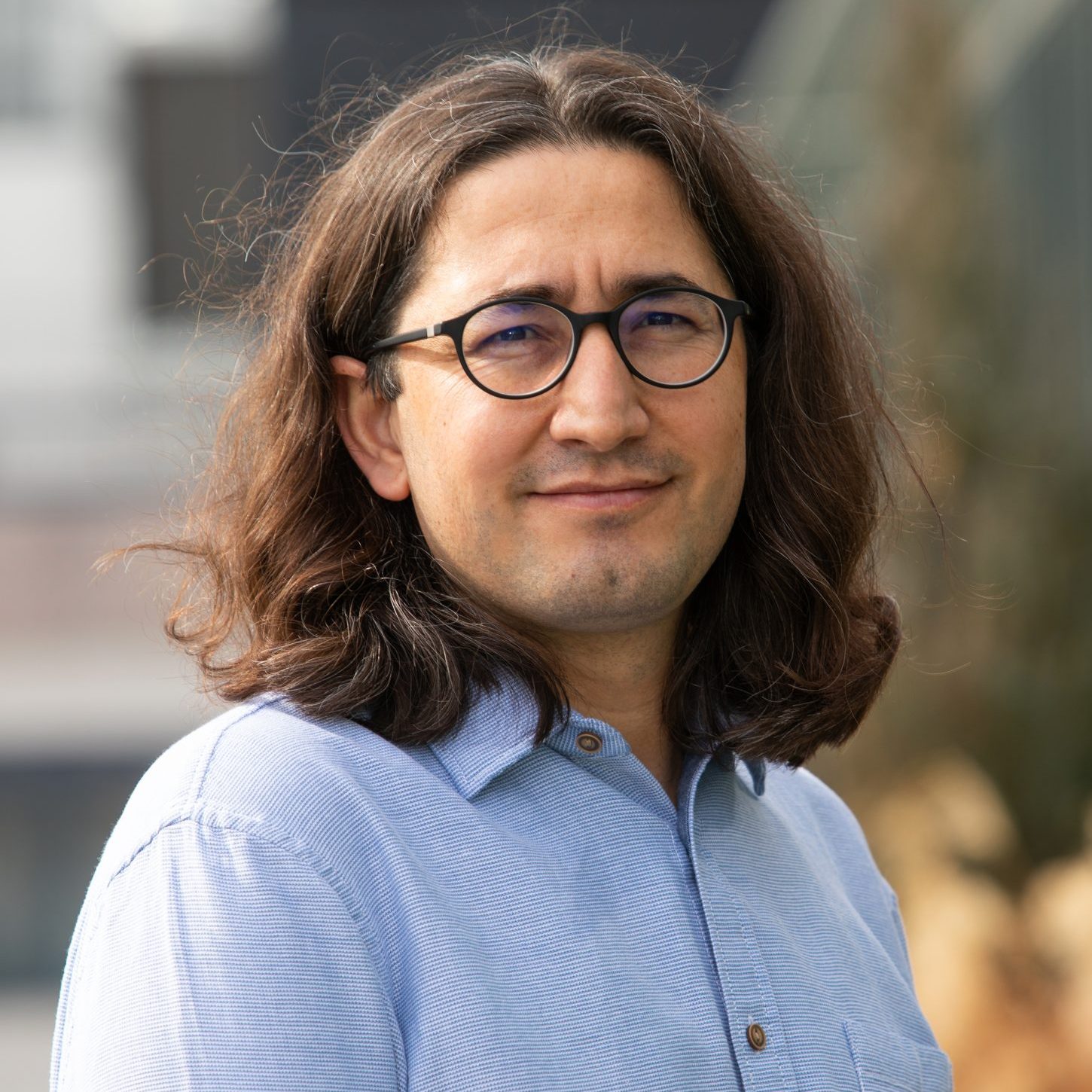 Yasin Dagdas
Yasin Dagdas
Yasin Dagdas is from Turkey, where he completed bachelor’s and master’s degrees in molecular biology and genetics at the Middle East Technical University in Ankara. He then pursued a PhD at the University of Exeter, where he studied plant-microbe interactions with Nick Talbot. The research focused on the development of the rice blast fungus during infection. After his PhD, he moved to the Sainsbury Laboratory in Norwich, UK to work in Sophien Kamoun’s lab as a postdoc. There, he studied how effectors from the Irish potato famine pathogen subvert plant membrane trafficking pathways, including autophagy. In 2017, he became a group leader at the Gregor Mendel Institute in Vienna, where he has been exploring autophagy-mediated cellular quality control mechanisms in plants. The lab uses comparative cell biology to discover new autophagy mechanisms and characterize them using mechanistic tools. X (formerly Twitter): @PlantoPhagy
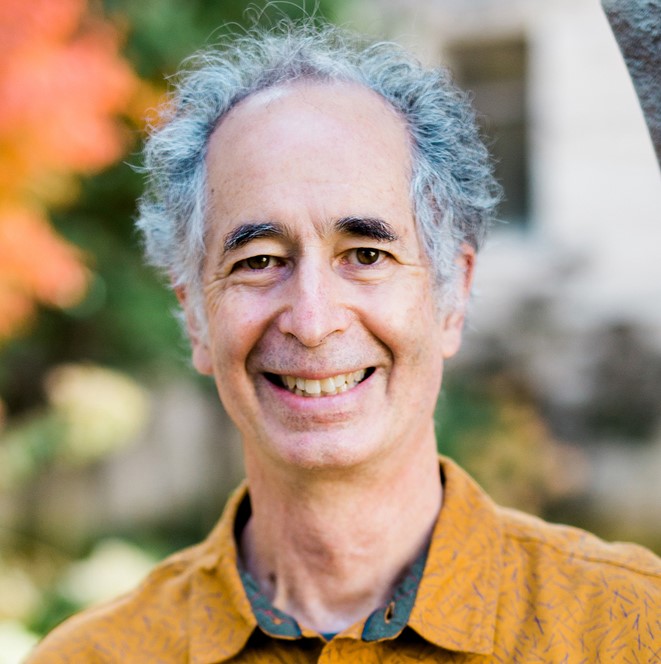 Roger Innes
Roger Innes
Roger Innes holds the Class of 1954 Professorship in Biology at Indiana University-Bloomington. He received his PhD in molecular, cellular and developmental biology at the University of Colorado-Boulder, and completed post-doctoral research at the University of California-Berkeley where he helped develop Arabidopsis as a model system for studying molecular plant-microbe interactions. His current laboratory includes four PhD students and four postdoctoral researchers, and he has previously mentored 14 PhD students and 16 postdocs. He is an elected fellow of the American Association for the Advancement of Science and the American Academy of Microbiology, and is the immediate Past President the International Society of Molecular Plant-Microbe Interactions. He also served as President of the North American Arabidopsis Steering Committee (NAASC). X (formerly Twitter): @RogerInnes1
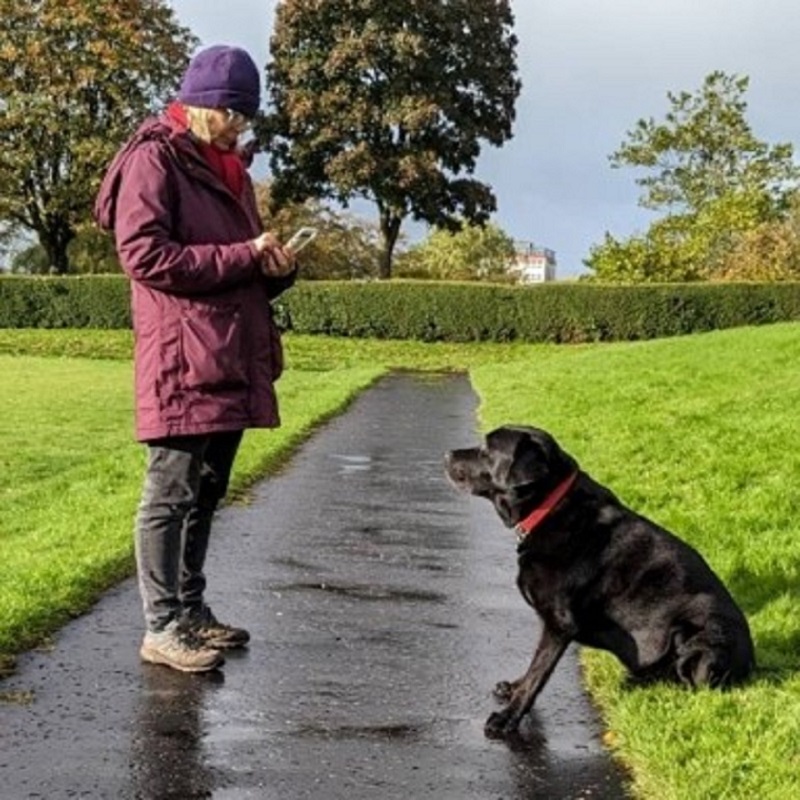 Mary Williams
Mary Williams
Mary Williams received her PhD from Rockefeller University, did a postdoc at Berkeley, and was a professor at a liberal arts college for 14 years, where she discovered her love of teaching and mentoring. She joined the staff of The Plant Cell in 2009, first developing the Teaching Tools in Plant Biology series and then working with the Plantae Fellows and Assistant Features Editors. She’s also the PI of the NSF-funded ROOT & SHOOT grant. Helping early-career plant scientists navigate their challenging and uncertain careers is her great joy, but she struggles to balance the demands of too many projects with her own self-care. Fortunately she has a family and a dog who entice her away from her computer occasionally. X (formerly Twitter): @PlantTeaching
MODERATORS
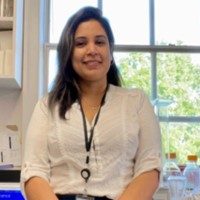 Indrani K. Baruah
Indrani K. Baruah
Indrani K. B. is a post-doctoral researcher at the Beltsville Agricultural Research Centre (BARC), USDA-ARS, Maryland, USA. She is currently working on plant-pathogen interactions which focuses on chocolate plants’ defense mechanism against fungal pathogens (cacao-fungal interaction) in Dr L.W Meinhardt’s lab (Sustainable Perennial Crops lab, SPCL). She received her PhD degree from Assam Agricultural university (AAU, India) as a Department of Biotechnology, India (DBT) PhD fellow and had worked on plant-insect interaction. Apart from being an early career researcher, she likes to involve herself in easy science communication and volunteering activities for kids in her son’s school. She wishes to be an inspiration for young women to choose STEM fields despite difficulties especially from developing countries. X (formerly Twitter): @Indranik333
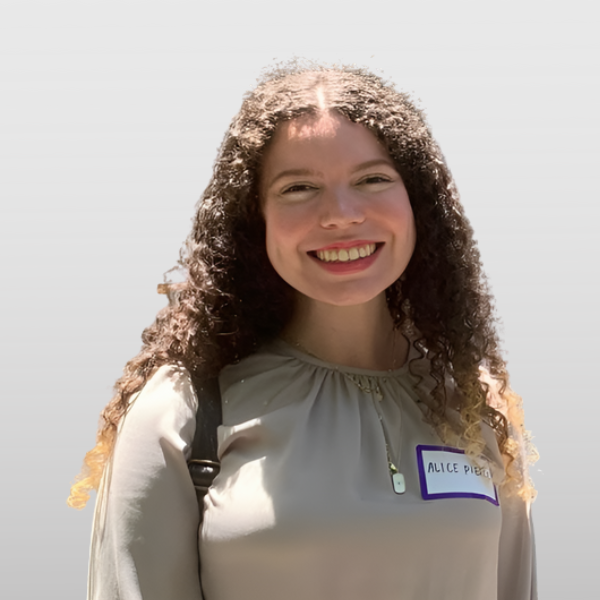 Alice Pierce
Alice Pierce
Alice Pierce is a Plant Biology PhD candidate at the University of California, Davis, and a 2023 Plantae Fellow. She studies the relationship between intron architecture and chromatin biology. She received her BS from UC Davis in plant biotechnology, studying the effects of Intron-Mediated Enhancement on gene expression in plants. Outside of the lab, she enjoys participating in K-16 outreach and making science art. X (formerly Twitter): @alicevpierce
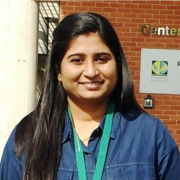
Lekshmy Sathee
Lekshmy Sathee is currently a Senior Scientist, Plant Physiology at ICAR- Indian Agriculture Research Institute, New Delhi, India. She did her Masters and PhD from iCAR – Indian Agriculture Research Institute, New Delhi, India. Her research focuses on plant mineral nutrition- mainly nitrogen use efficiency of cereals. She is passionate about teaching, mentoring, science communication, and the associated learning opportunities. X (formerly Twitter): @lekshmysnair


